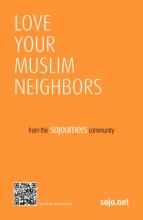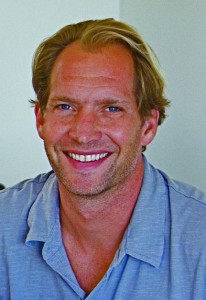faith traditions

The most recent discussions of U.S. foreign policy and the Middle East, once again say more about politics during an election year, than they do about the fundamental issues we must confront if we want to see substantial change.
So let’s look at the basic issues and fundamental choices we need to make.
Today the Middle East — where about 60 percent of the population is under the age of 25 — is a region dominated by humiliation and anger.
Failure + rage + the folly of youth = an incendiary mix.
The roots of anti-American hostilities in the Middle East run deep (literally and figuratively). We can start with the fact that our oil (and its economy) lies beneath their sands. Couple that with U.S. support of repressive and backward regimes, the continual presence of foreign troops on their land and in their holy places, and the endless wars waged there, ultimately fueled by the geopolitics of energy.
Add to that incindiary cocktail the unresolved Israeli/Palestinian conflict, which continues to drive the deepest emotions of mutual frustration, fear, and retaliation throughout the Middle East and the rest of the world.
Injustices and violence caused by the oil economy have sparked a reaction from dangerous religious fundamentalists in the Islamic world. Fundamentalism — in all our faith traditions — is both volatile and hard to contain once it has been unleashed, and it becomes hard to reverse its essentially reactive and predictably downward cycle.
On the morning of September 11, 2001, I was at home in Washington, D.C. getting ready to go to Sojourners' office. I was upstairs listening to the news on NPR when I heard the first confusing report of a plane crashing into the south tower of the World Trade Center. I immediately called downstairs to Joy and asked her to turn on the television to see what was going on. Moments later, as we ate breakfast together with our three-year-old son Luke, we watched the second plane strike the north tower. I still remember my first response to Joy, "This is going to be bad, very bad," I said.
Of course, I meant more than just the damage to the Twin Towers and the lives lost, which became far greater than any of us imagined at first. Rather, my first and deepest concern was what something like this could do to our country and our nation's soul. I was afraid of how America would respond to a terrorist attack of this scope.
On the morning of September 11, 2001, I was standing in the bathroom of my apartment outside Chicago, about to hop in the shower, when I heard the phone ring and then my husband call my name.
"It's Roger from the desk," he called, sleepily, invoking the name of the morning assignment editor at the Chicago Sun-Times where I was a reporter at the time.
I padded down the hallway in my pajamas to the living room and picked up the phone.
"How quickly can you get down here," Roger asked.
"I dunno, an hour, maybe," I said. "Why? What's up?"
"A plane hit the World Trade Center in New York," he said. "They think it's a terrorist attack."
The email came just a few days before two Jewish rabbis and two Muslim friends joined two of us Christian ministers for a Sunday morning service. This service was part of a national event called Faith Shared.
[Editors' note: During the season of Lent we will be posting excerpts from the Rediscovering Values Lenten Study Guide. We invite you to study God's word with us through these posts.]
I thought Glenn Beck must have moved on to other things, but the other night, he went back to his attack on social justice churches. This time the issue was climate change.
After college I completed a year of service with Public Allies New York, an Americorps service program.
We're off and running. I am headed for the airport to go to Detroit for the first leg in our book tour for Rediscovering Values: On Wall Street, Main Street, and Your Street-A Moral Compass for the New Economy.
